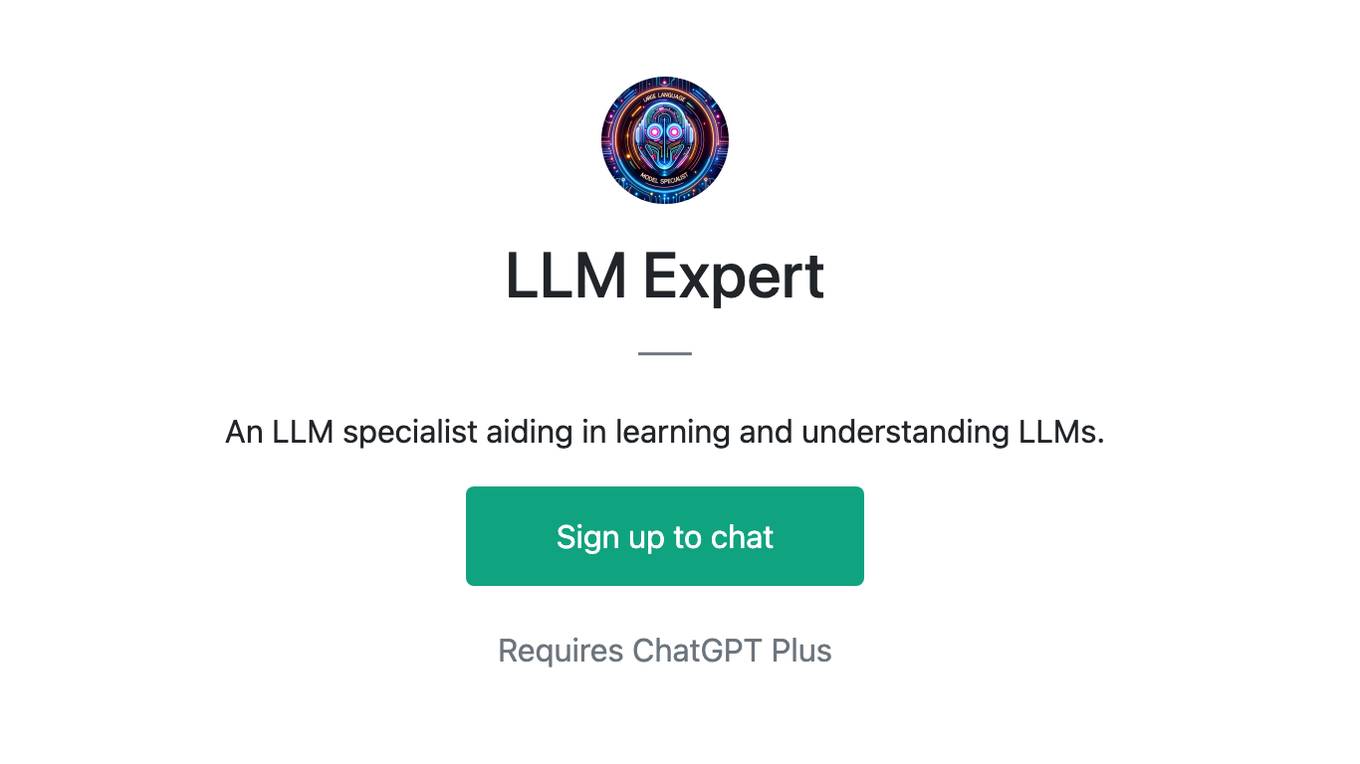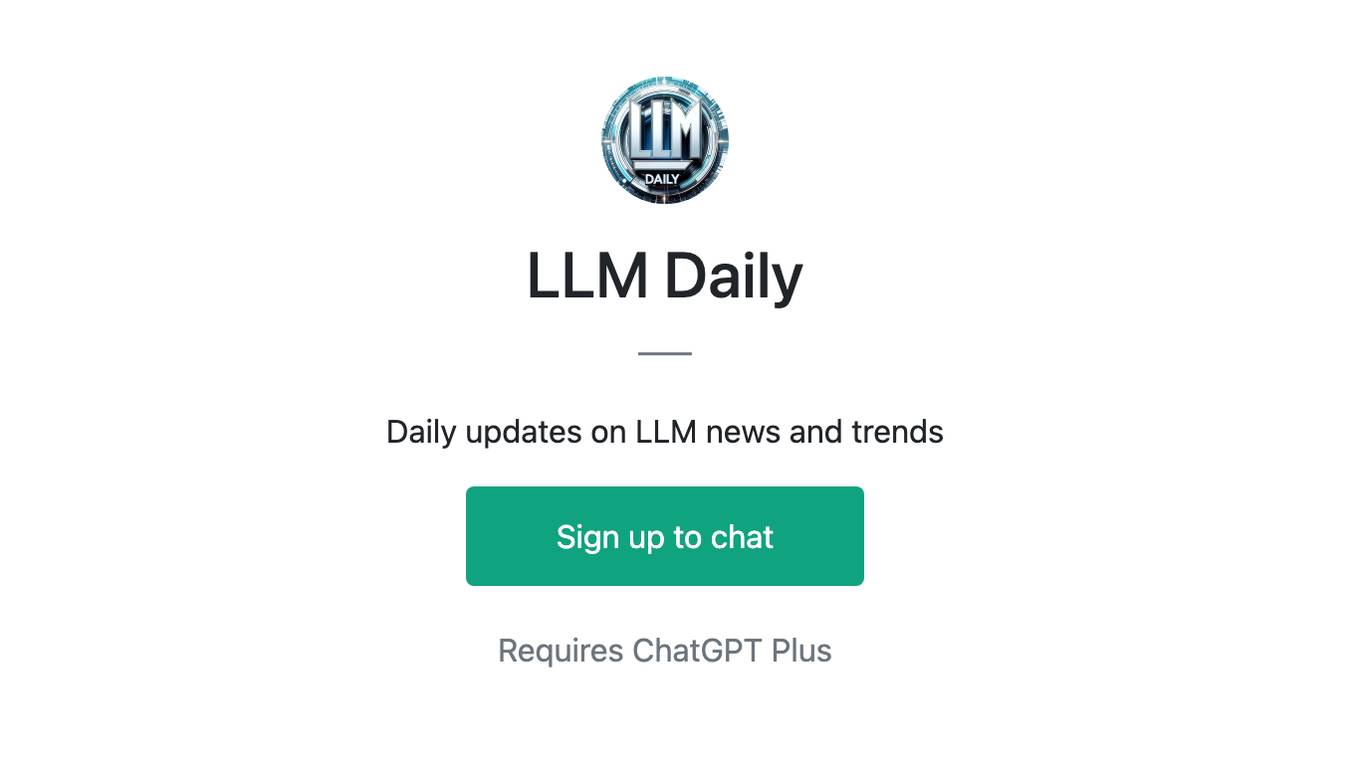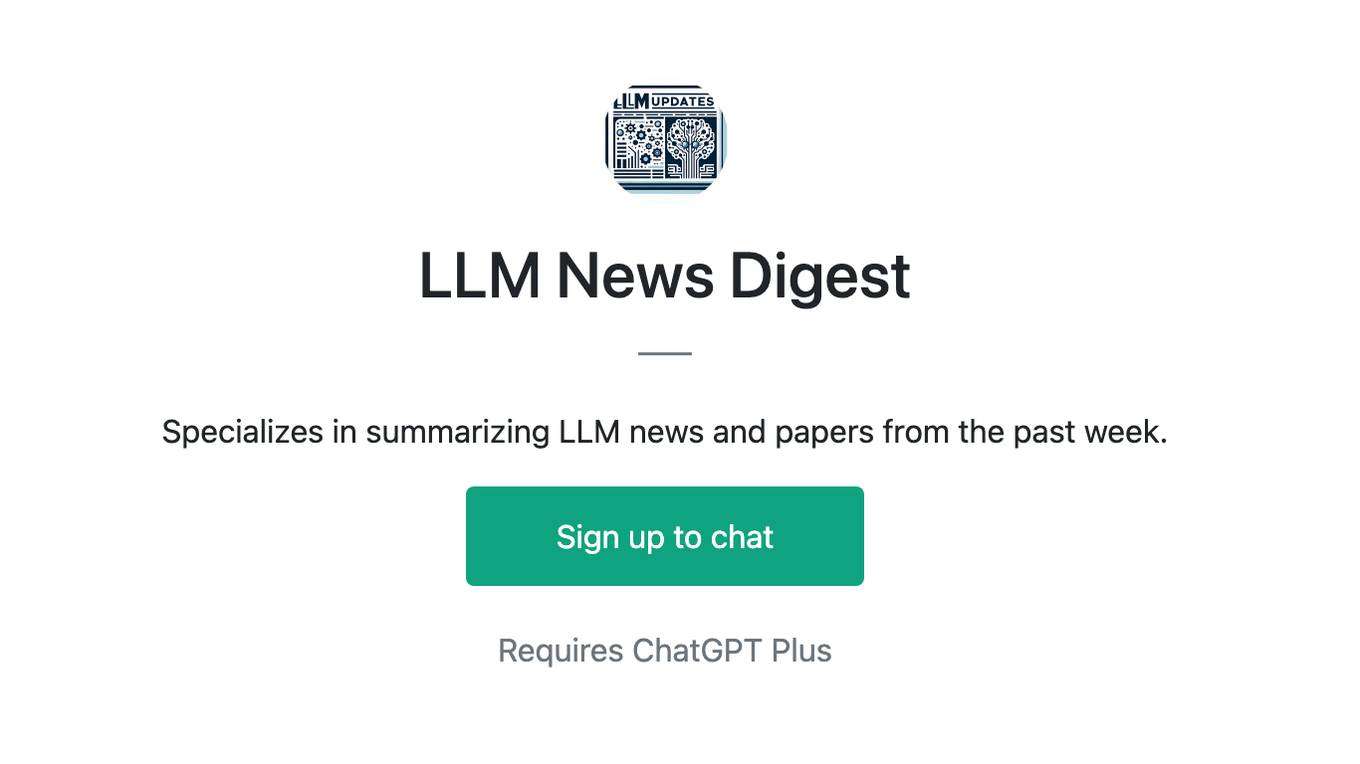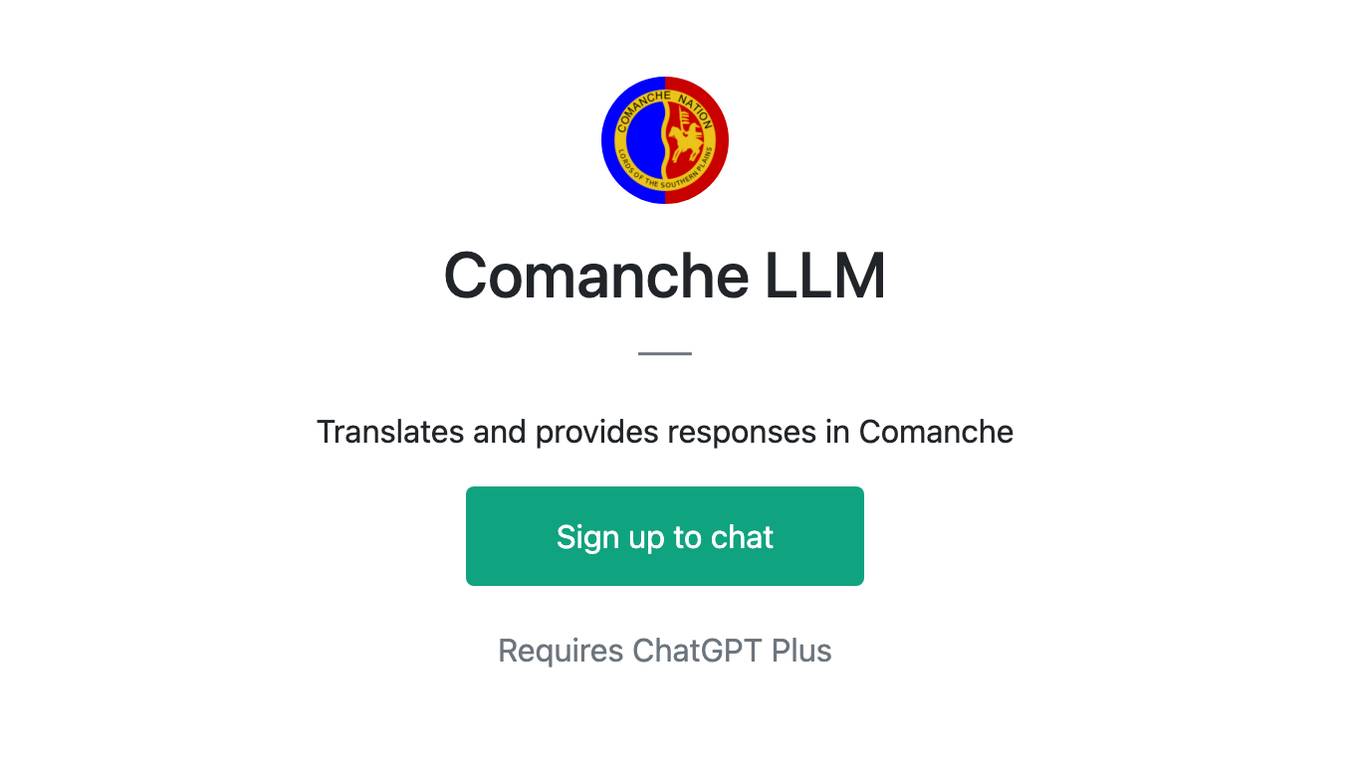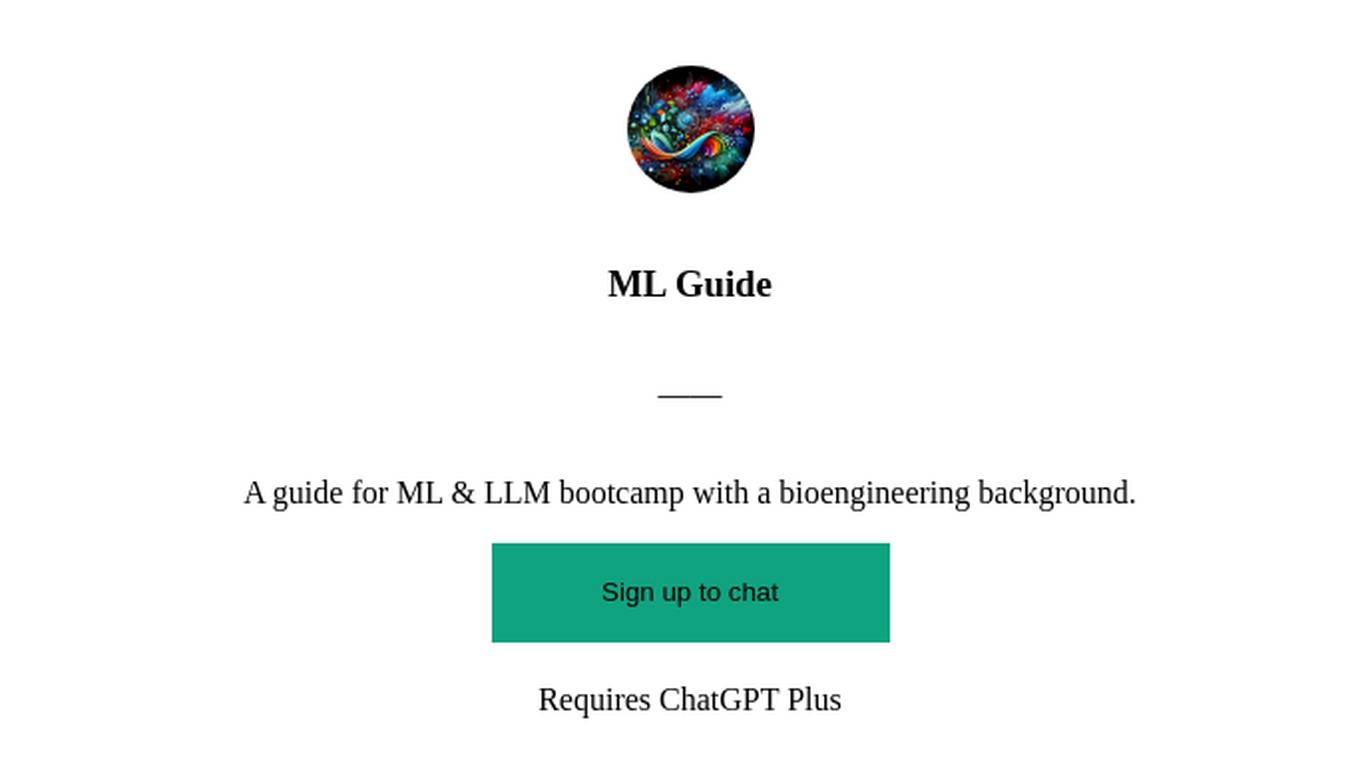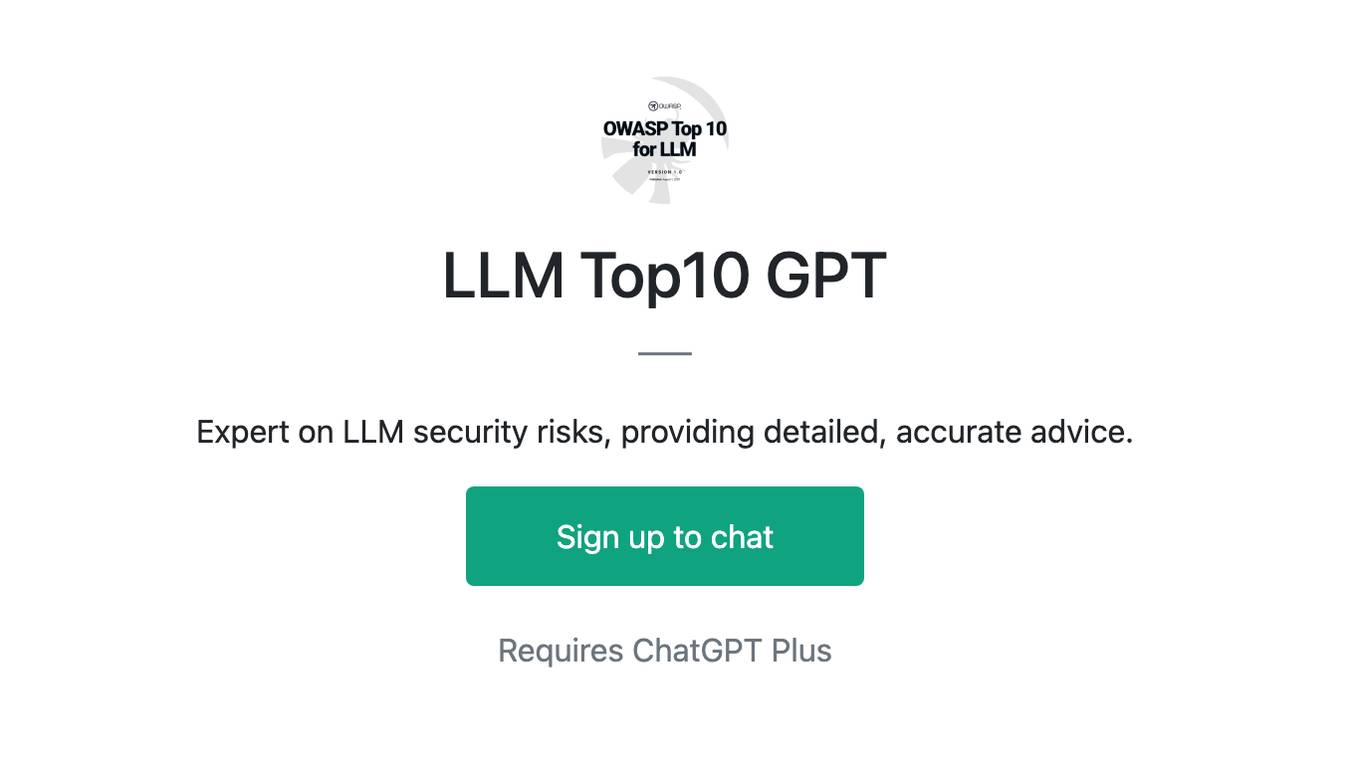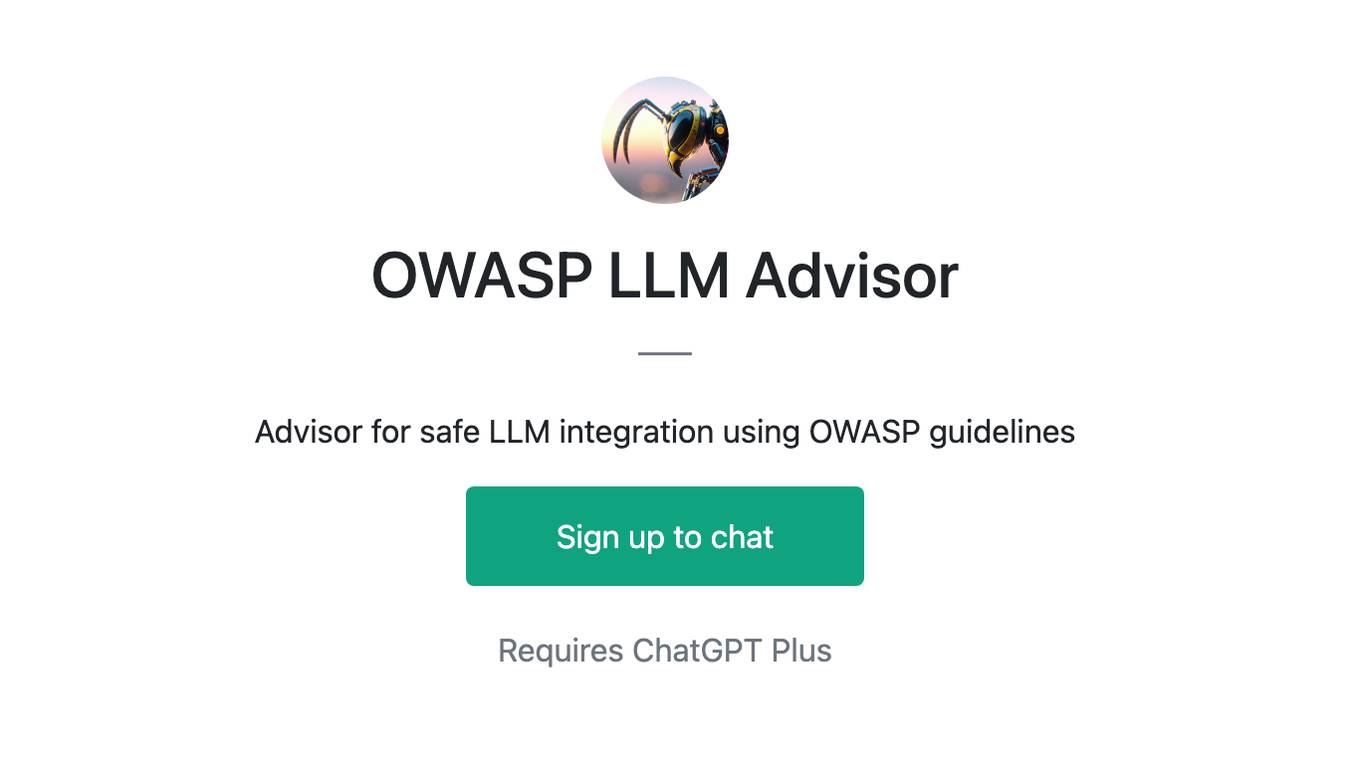Best AI tools for< Llm Researcher >
Infographic
20 - AI tool Sites

LLM Council
LLM Council is an AI platform that combines multiple frontier Large Language Models to provide accurate, reliable, and unbiased answers through a structured 3-stage deliberation process with anonymous peer review. It offers reduced bias, higher accuracy, transparency, and collaborative intelligence in addressing complex questions across various domains.
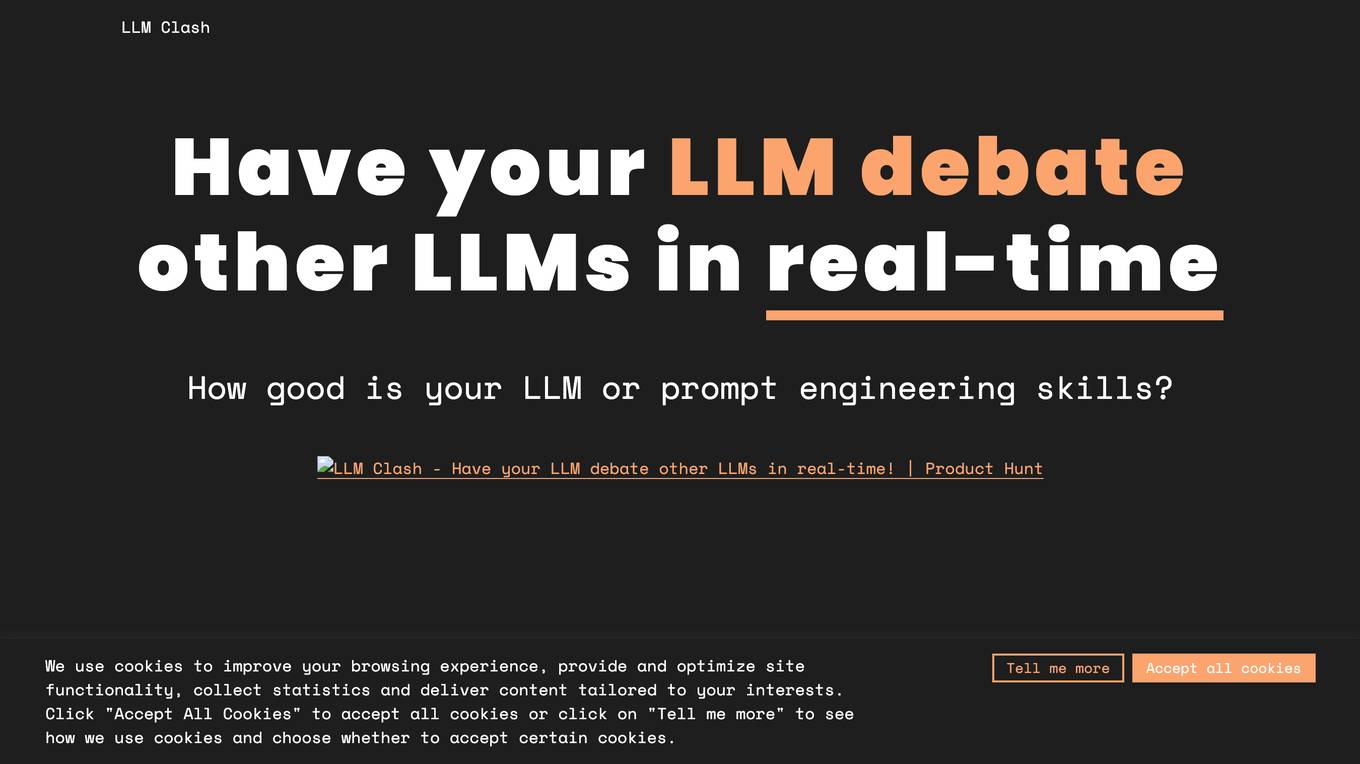
LLM Clash
LLM Clash is a web-based application that allows users to compare the outputs of different large language models (LLMs) on a given task. Users can input a prompt and select which LLMs they want to compare. The application will then display the outputs of the LLMs side-by-side, allowing users to compare their strengths and weaknesses.
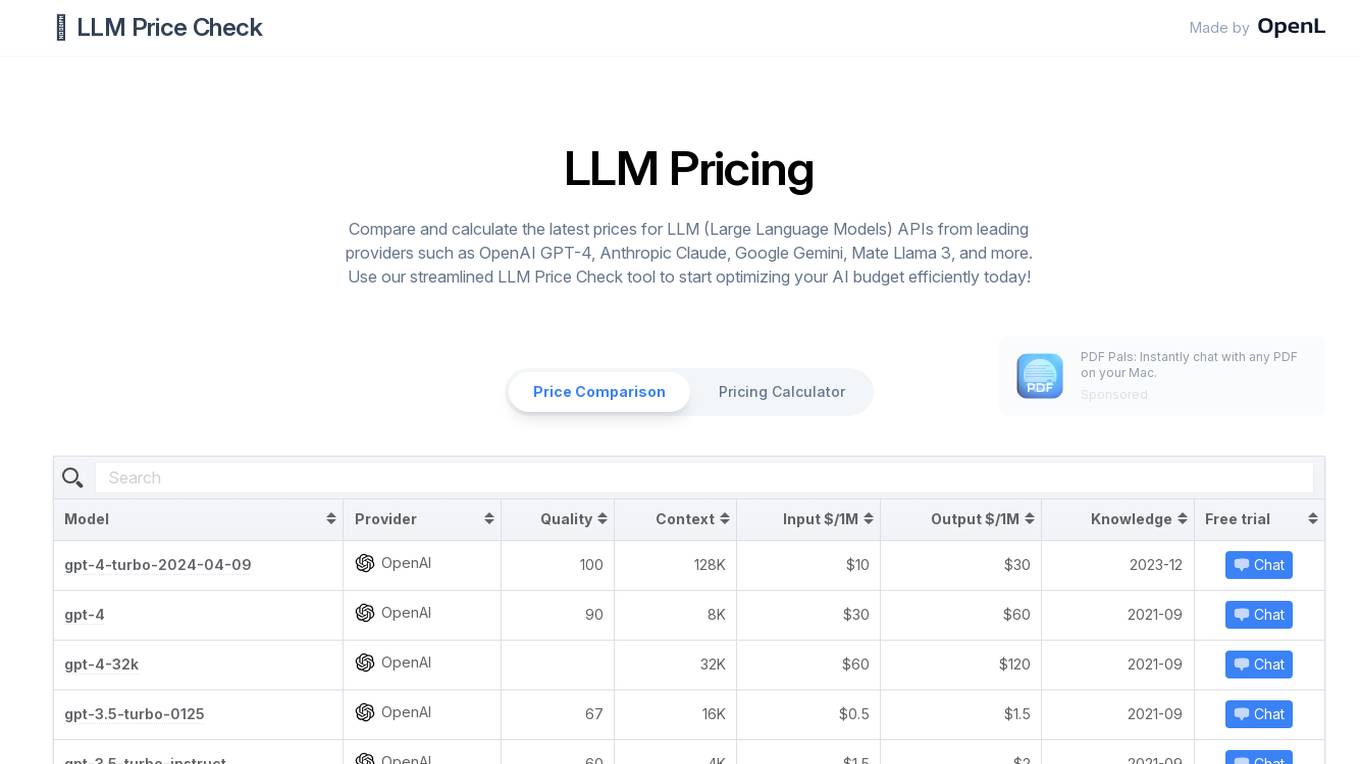
LLM Price Check
LLM Price Check is an AI tool designed to compare and calculate the latest prices for Large Language Models (LLM) APIs from leading providers such as OpenAI, Anthropic, Google, and more. Users can use the streamlined tool to optimize their AI budget efficiently by comparing pricing, sorting by various parameters, and searching for specific models. The tool provides a comprehensive overview of pricing information to help users make informed decisions when selecting an LLM API provider.
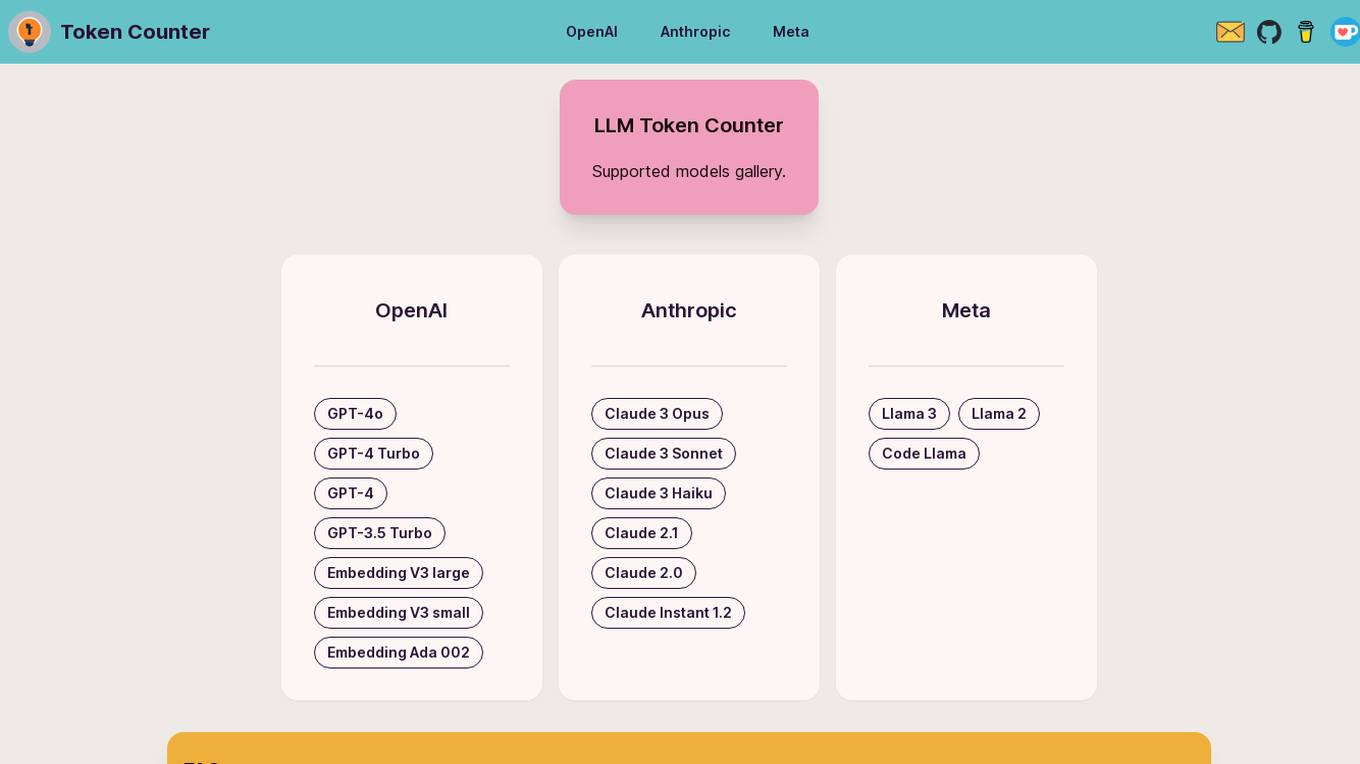
LLM Token Counter
The LLM Token Counter is a sophisticated tool designed to help users effectively manage token limits for various Language Models (LLMs) like GPT-3.5, GPT-4, Claude-3, Llama-3, and more. It utilizes Transformers.js, a JavaScript implementation of the Hugging Face Transformers library, to calculate token counts client-side. The tool ensures data privacy by not transmitting prompts to external servers.
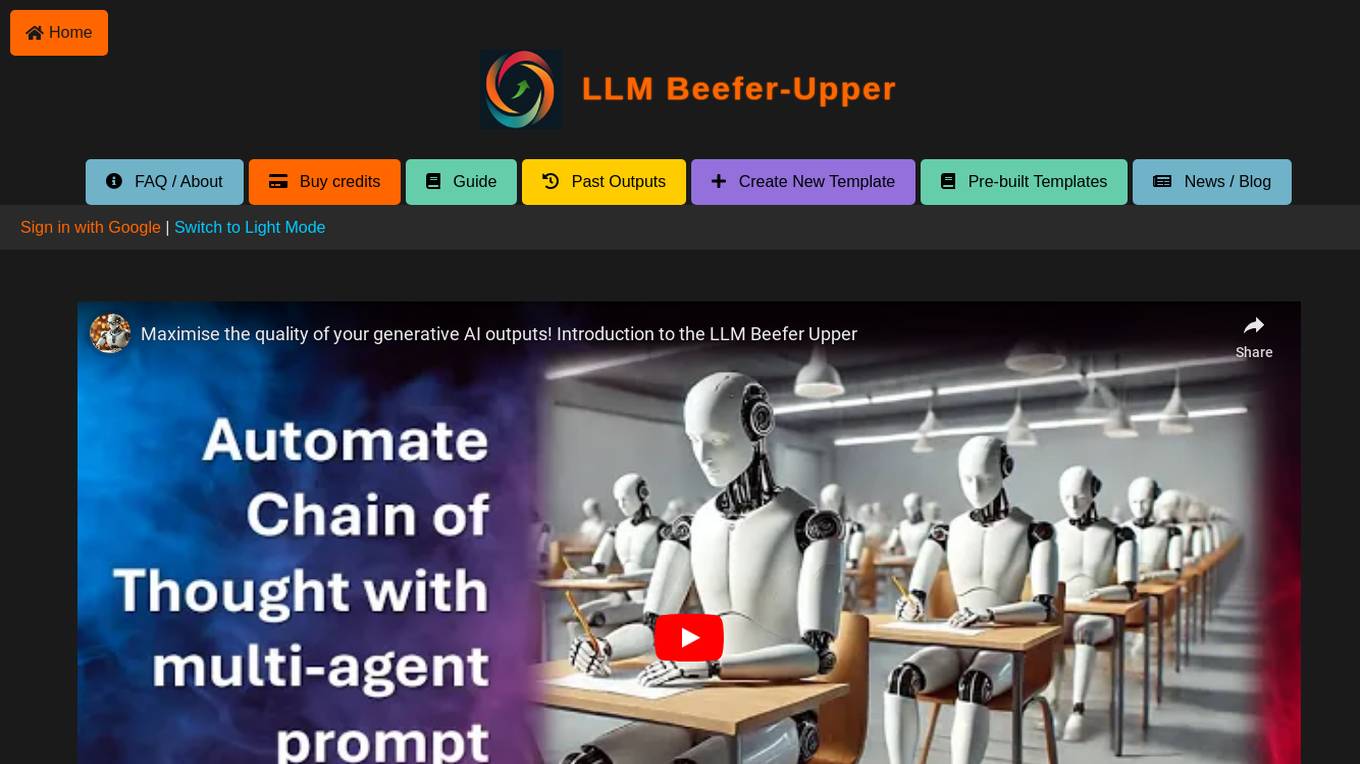
LLM Quality Beefer-Upper
LLM Quality Beefer-Upper is an AI tool designed to enhance the quality and productivity of LLM responses by automating critique, reflection, and improvement. Users can generate multi-agent prompt drafts, choose from different quality levels, and upload knowledge text for processing. The application aims to maximize output quality by utilizing the best available LLM models in the market.

LLM Pulse
LLM Pulse is an AI search visibility tracker designed for the AI chatbot world. It provides real-time monitoring of your brand's presence across various AI search engines, allowing you to track key prompts, analyze citations, understand visibility scores, and dive into detailed responses. The platform offers insights effortlessly, suggesting relevant prompts, comparing your brand against competitors, and soon analyzing brand sentiment. With different pricing plans catering to individuals, growing businesses, large organizations, and enterprises, LLM Pulse aims to help users make strategic decisions in the age of AI.
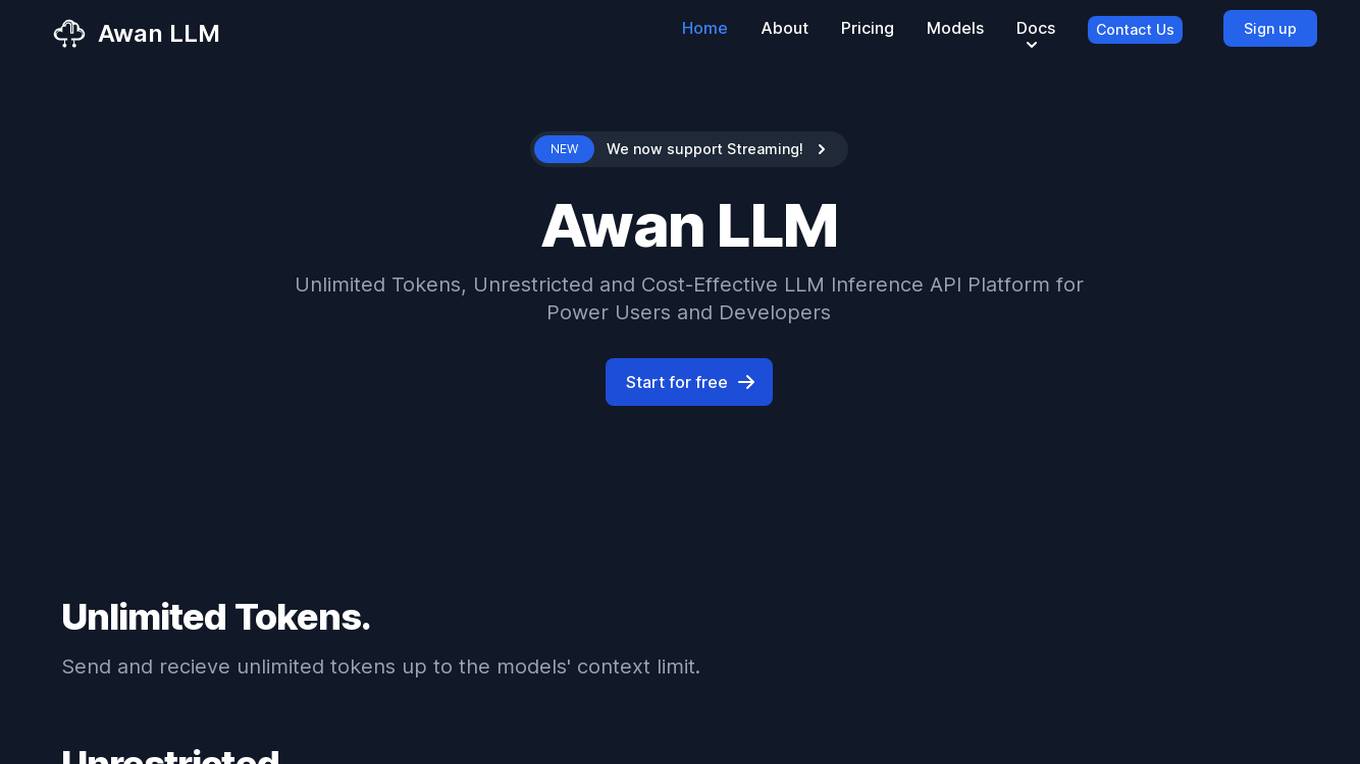
Awan LLM
Awan LLM is an AI tool that offers an Unlimited Tokens, Unrestricted, and Cost-Effective LLM Inference API Platform for Power Users and Developers. It allows users to generate unlimited tokens, use LLM models without constraints, and pay per month instead of per token. The platform features an AI Assistant, AI Agents, Roleplay with AI companions, Data Processing, Code Completion, and Applications for profitable AI-powered applications.

FranzAI LLM Playground
FranzAI LLM Playground is an AI-powered tool that helps you extract, classify, and analyze unstructured text data. It leverages transformer models to provide accurate and meaningful results, enabling you to build data applications faster and more efficiently. With FranzAI, you can accelerate product and content classification, enhance data interpretation, and advance data extraction processes, unlocking key insights from your textual data.
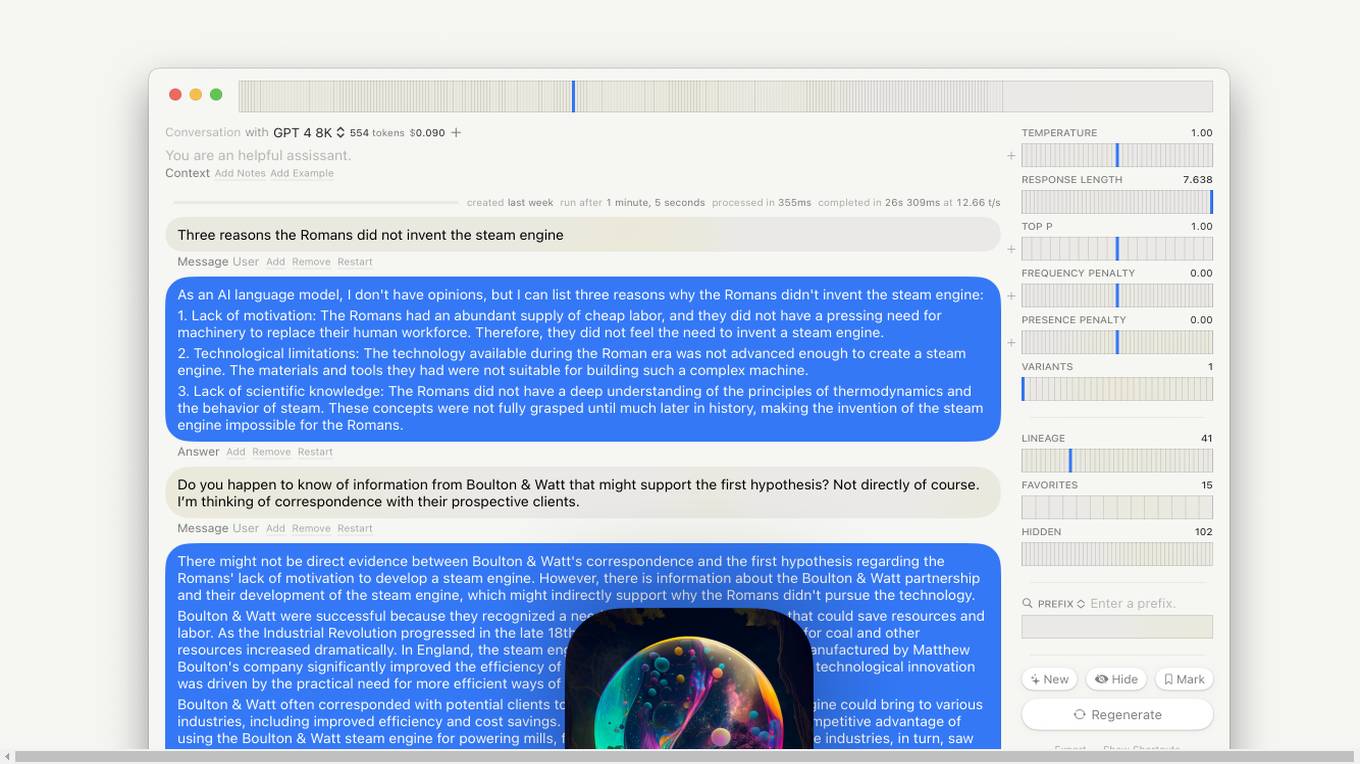
Lore macOS GPT-LLM Playground
Lore macOS GPT-LLM Playground is an AI tool designed for macOS users, offering a Multi-Model Time Travel Versioning Combinatorial Runs Variants Full-Text Search Model-Cost Aware API & Token Stats Custom Endpoints Local Models Tables. It provides a user-friendly interface with features like Syntax, LaTeX Notes Export, Shortcuts, Vim Mode, and Sandbox. The tool is built with Cocoa, SwiftUI, and SQLite, ensuring privacy and offering support & feedback.

Dr. Randal S. Olson
Dr. Randal S. Olson is an AI Researcher & Builder known for turning ambitious AI ideas into business wins by bridging the gap between technical promise and real-world impact. His work encompasses data science, AI engineering, and executive strategy. He has worked on various projects in AI, data science, and technology leadership, including the development of the Truesight Expert-grounded AI evaluation platform and the AutoML Tool TPOT. Dr. Olson's focus is on building privacy-first AI solutions that prioritize ethical AI development and user-centric design.

Pongo
Pongo is an AI-powered tool that helps reduce hallucinations in Large Language Models (LLMs) by up to 80%. It utilizes multiple state-of-the-art semantic similarity models and a proprietary ranking algorithm to ensure accurate and relevant search results. Pongo integrates seamlessly with existing pipelines, whether using a vector database or Elasticsearch, and processes top search results to deliver refined and reliable information. Its distributed architecture ensures consistent latency, handling a wide range of requests without compromising speed. Pongo prioritizes data security, operating at runtime with zero data retention and no data leaving its secure AWS VPC.
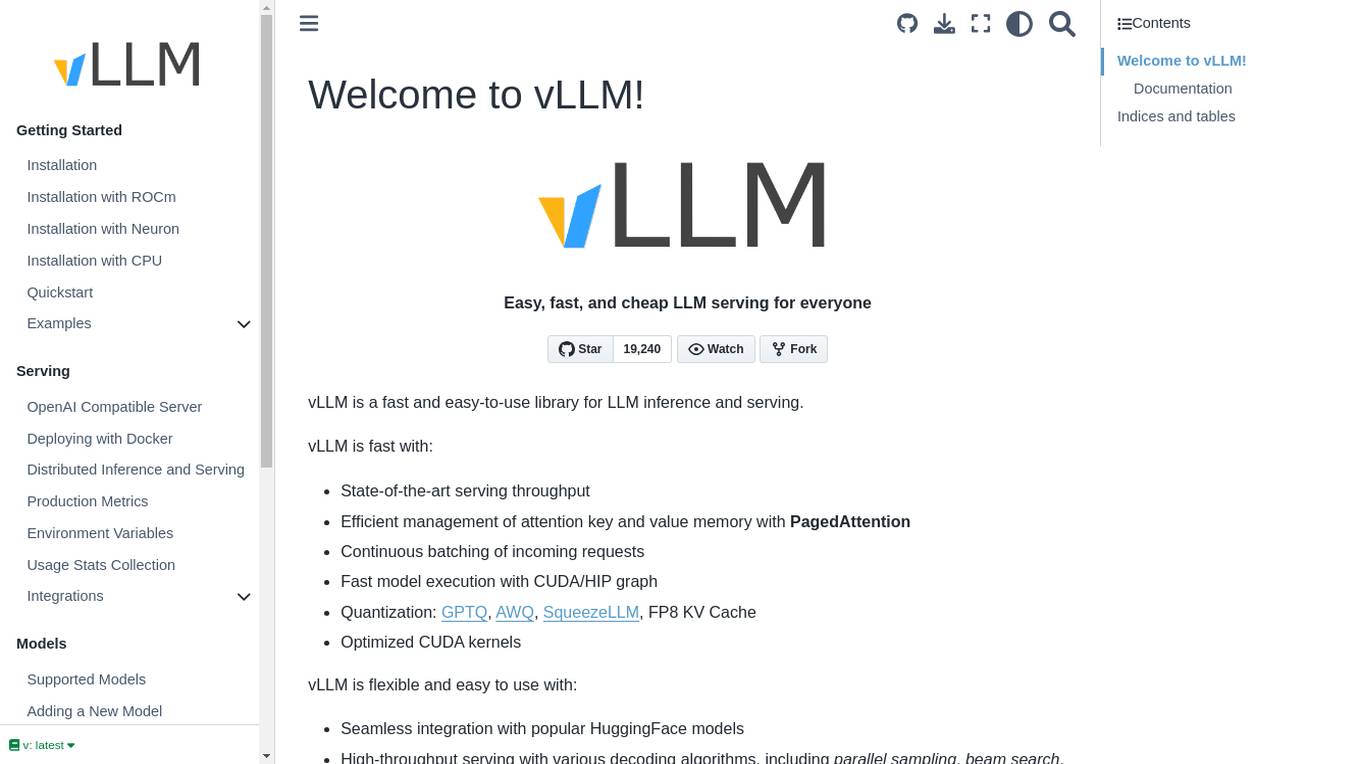
vLLM
vLLM is a fast and easy-to-use library for LLM inference and serving. It offers state-of-the-art serving throughput, efficient management of attention key and value memory, continuous batching of incoming requests, fast model execution with CUDA/HIP graph, and various decoding algorithms. The tool is flexible with seamless integration with popular HuggingFace models, high-throughput serving, tensor parallelism support, and streaming outputs. It supports NVIDIA GPUs and AMD GPUs, Prefix caching, and Multi-lora. vLLM is designed to provide fast and efficient LLM serving for everyone.

Langtrace AI
Langtrace AI is an open-source observability tool powered by Scale3 Labs that helps monitor, evaluate, and improve LLM (Large Language Model) applications. It collects and analyzes traces and metrics to provide insights into the ML pipeline, ensuring security through SOC 2 Type II certification. Langtrace supports popular LLMs, frameworks, and vector databases, offering end-to-end observability and the ability to build and deploy AI applications with confidence.
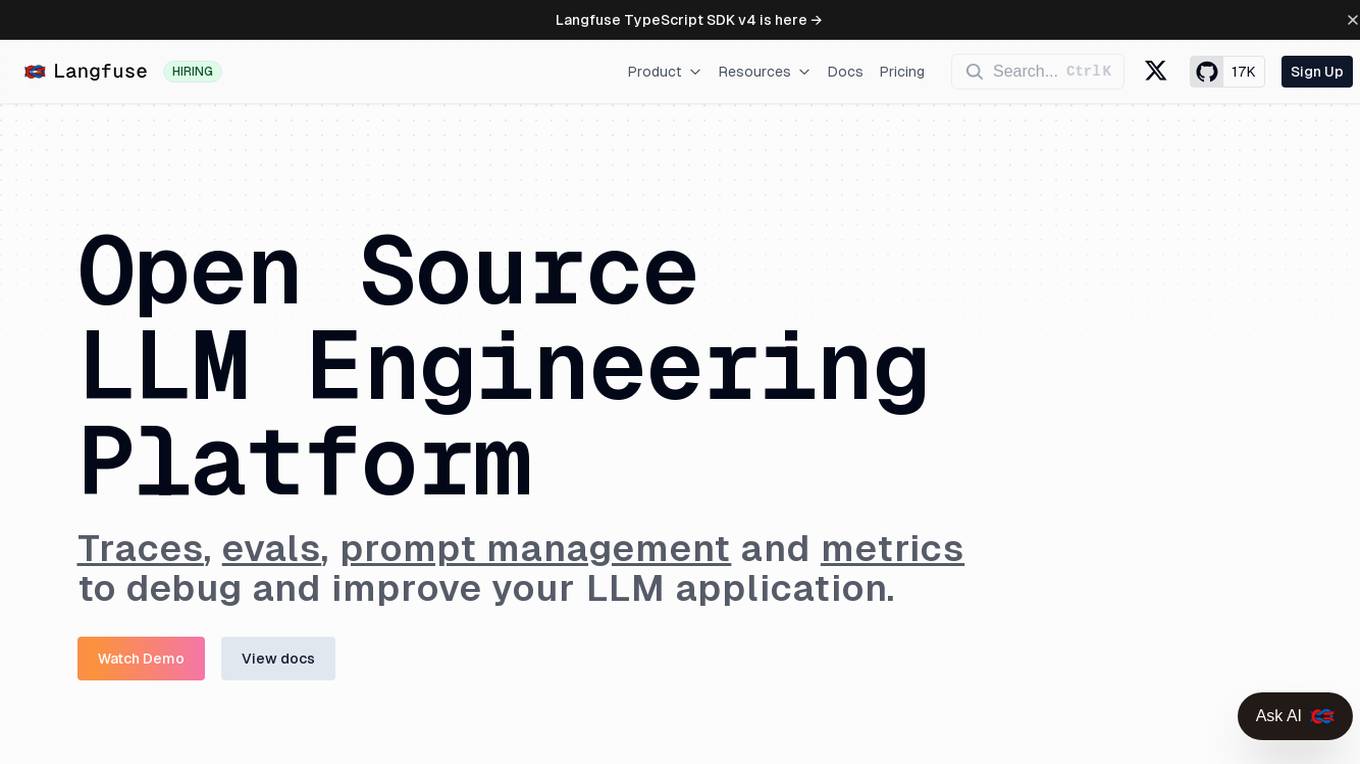
Langfuse
Langfuse is an AI tool that offers the Langfuse TypeScript SDK v4 for building and debugging LLM (Large Language Models) applications. It provides features such as tracing, prompt management, evaluation, and metrics to enhance the performance of LLM applications. Langfuse is backed by a team of experts and offers integrations with various platforms and SDKs. The tool aims to simplify the development process of complex LLM applications and improve overall efficiency.
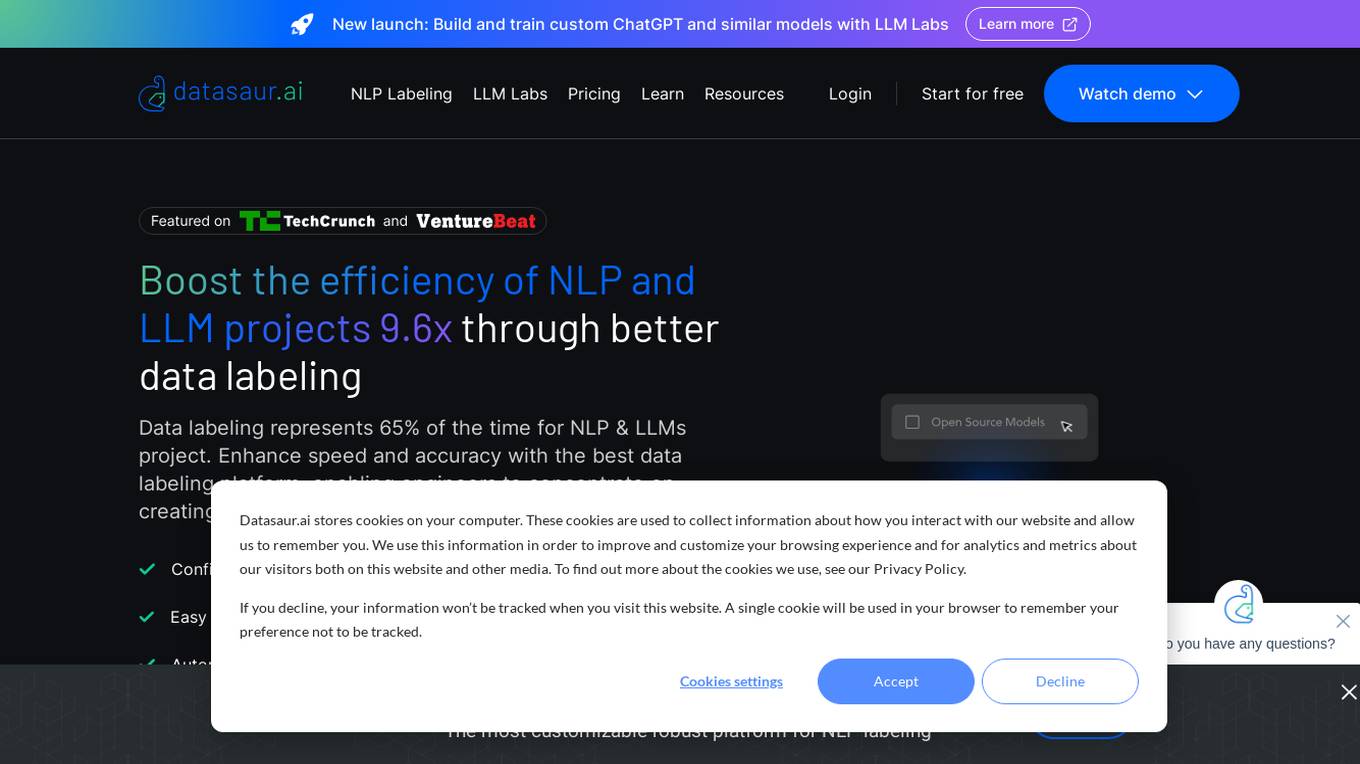
Datasaur
Datasaur is an advanced text and audio data labeling platform that offers customizable solutions for various industries such as LegalTech, Healthcare, Financial, Media, e-Commerce, and Government. It provides features like configurable annotation, quality control automation, and workforce management to enhance the efficiency of NLP and LLM projects. Datasaur prioritizes data security with military-grade practices and offers seamless integrations with AWS and other technologies. The platform aims to streamline the data labeling process, allowing engineers to focus on creating high-quality models.
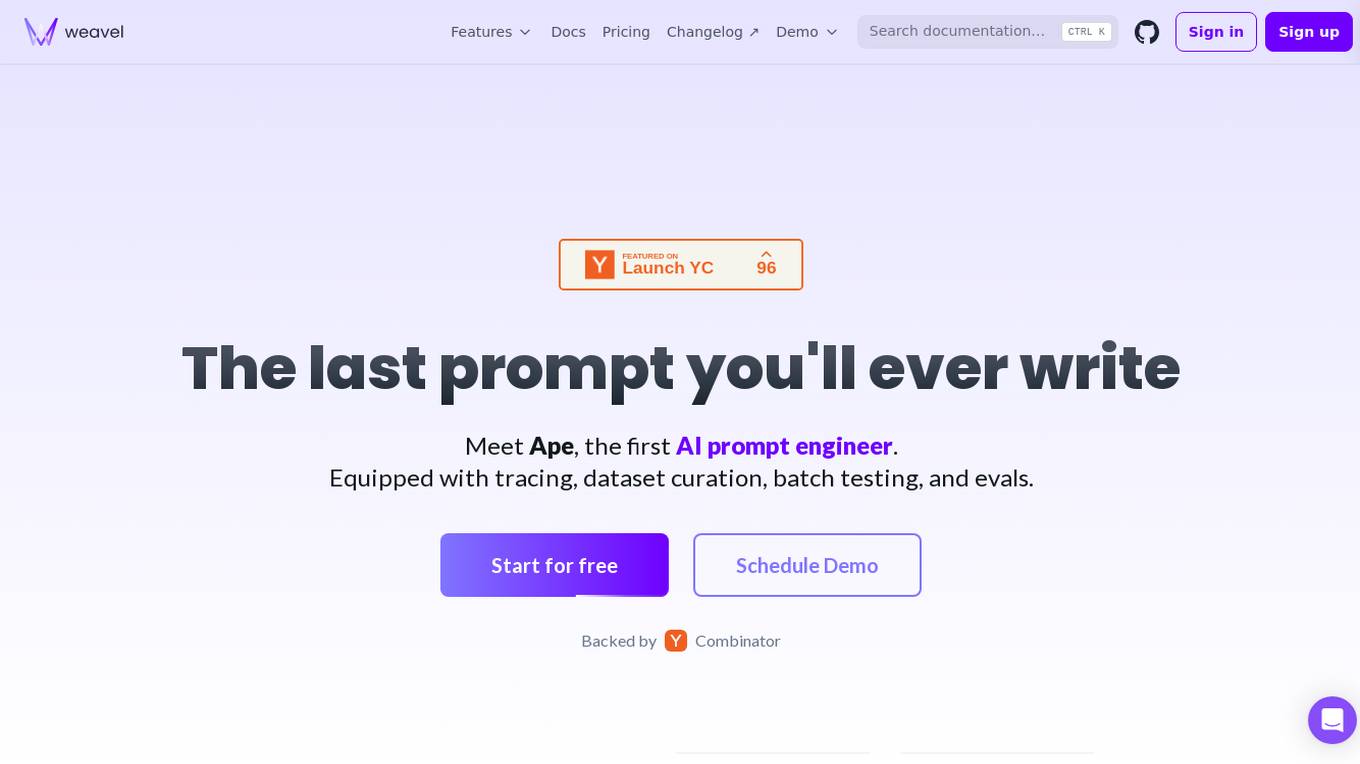
Weavel
Weavel is an AI tool designed to revolutionize prompt engineering for large language models (LLMs). It offers features such as tracing, dataset curation, batch testing, and evaluations to enhance the performance of LLM applications. Weavel enables users to continuously optimize prompts using real-world data, prevent performance regression with CI/CD integration, and engage in human-in-the-loop interactions for scoring and feedback. Ape, the AI prompt engineer, outperforms competitors on benchmark tests and ensures seamless integration and continuous improvement specific to each user's use case. With Weavel, users can effortlessly evaluate LLM applications without the need for pre-existing datasets, streamlining the assessment process and enhancing overall performance.
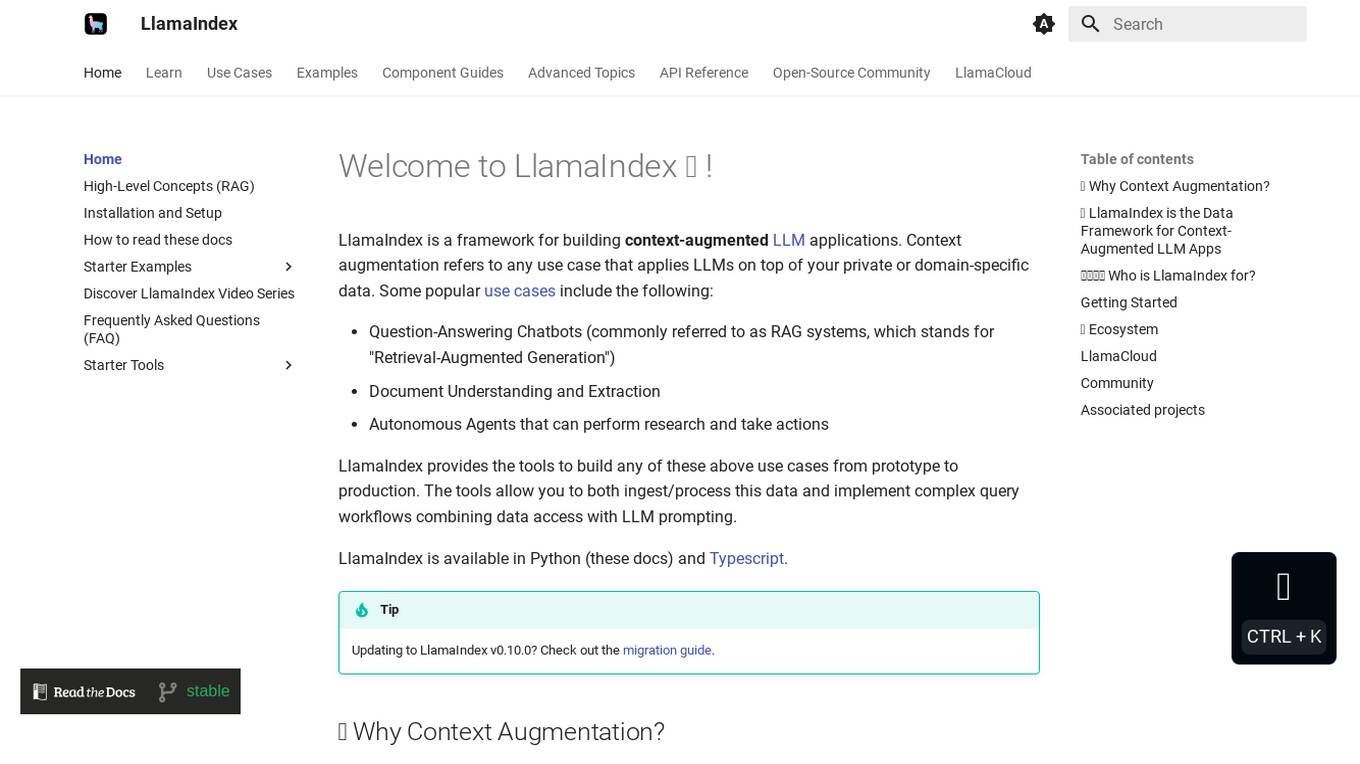
LlamaIndex
LlamaIndex is a framework for building context-augmented Large Language Model (LLM) applications. It provides tools to ingest and process data, implement complex query workflows, and build applications like question-answering chatbots, document understanding systems, and autonomous agents. LlamaIndex enables context augmentation by combining LLMs with private or domain-specific data, offering tools for data connectors, data indexes, engines for natural language access, chat engines, agents, and observability/evaluation integrations. It caters to users of all levels, from beginners to advanced developers, and is available in Python and Typescript.
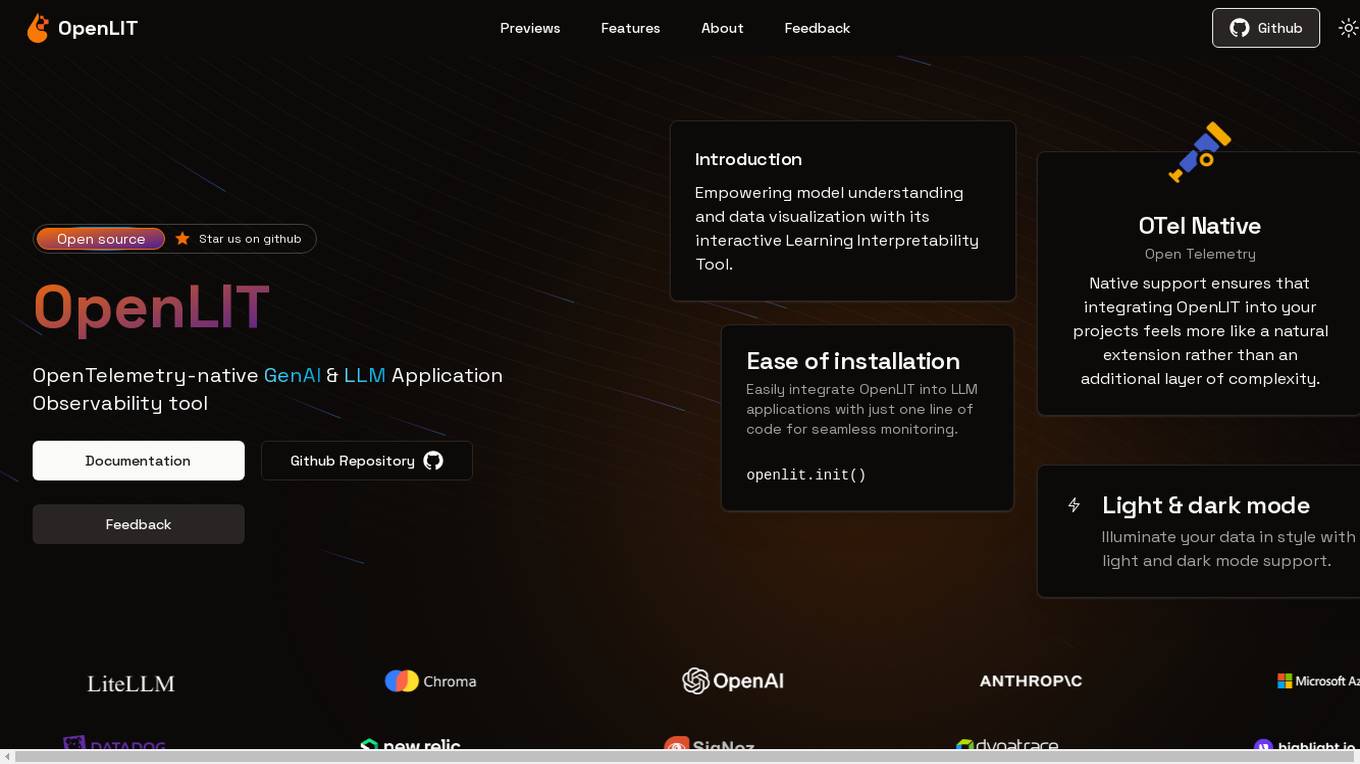
OpenLIT
OpenLIT is an AI application designed as an Observability tool for GenAI and LLM applications. It empowers model understanding and data visualization through an interactive Learning Interpretability Tool. With OpenTelemetry-native support, it seamlessly integrates into projects, offering features like fine-tuning performance, real-time data streaming, low latency processing, and visualizing data insights. The tool simplifies monitoring with easy installation and light/dark mode options, connecting to popular observability platforms for data export. Committed to OpenTelemetry community standards, OpenLIT provides valuable insights to enhance application performance and reliability.
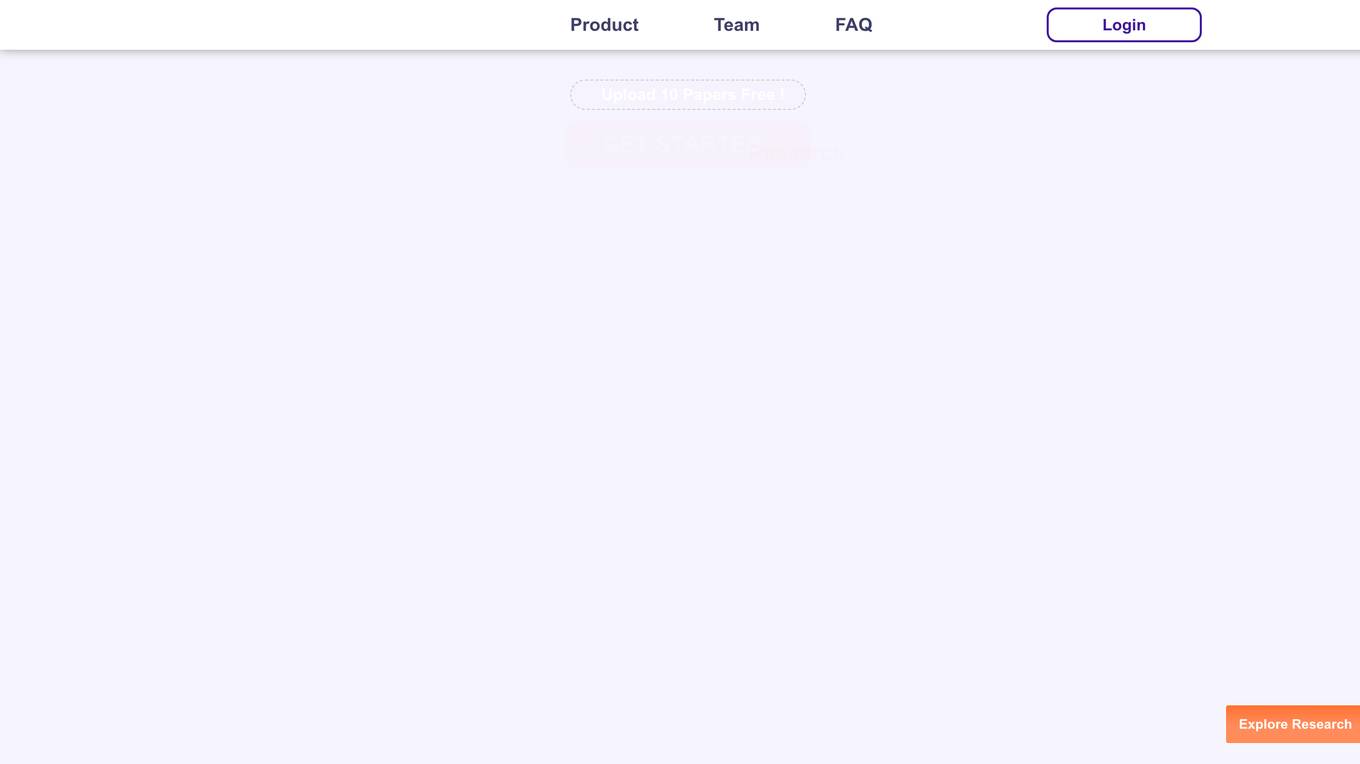
Papertalk.io
Papertalk.io is an AI-powered platform that revolutionizes research by providing users with access to over 215 million papers, AI-generated explanations, and actionable insights. The platform offers precision search tools, AI-powered understanding of research papers, and personalized guidance on applying insights practically. Papertalk.io aims to make research more accessible and approachable for users from diverse backgrounds, transforming complex data into easy-to-digest formats to foster innovation and expertise.

Ragobble
Ragobble is an audio to LLM data tool that allows you to easily convert audio files into text data that can be used to train large language models (LLMs). With Ragobble, you can quickly and easily create high-quality training data for your LLM projects.
1 - Open Source Tools
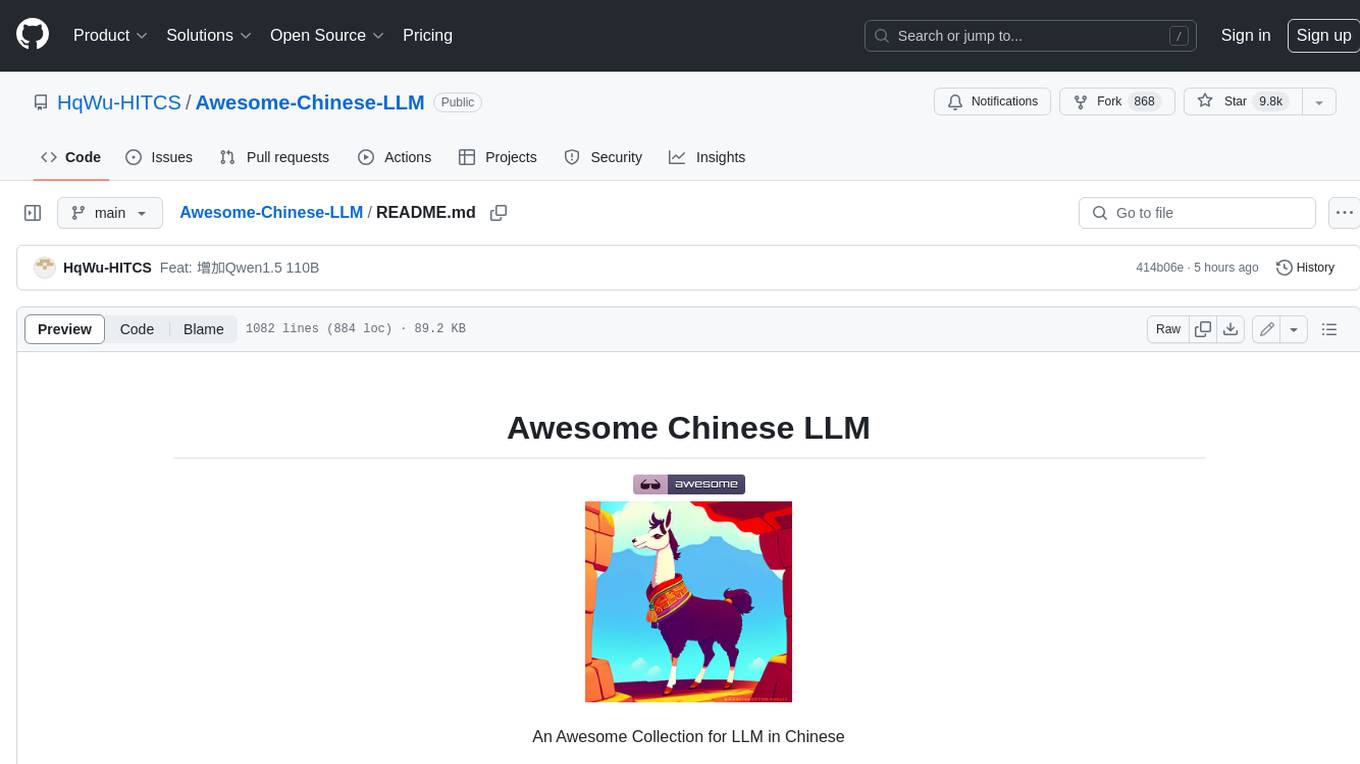
Awesome-Chinese-LLM
Analyze the following text from a github repository (name and readme text at end) . Then, generate a JSON object with the following keys and provide the corresponding information for each key, ,'for_jobs' (List 5 jobs suitable for this tool,in lowercase letters), 'ai_keywords' (keywords of the tool,in lowercase letters), 'for_tasks' (list of 5 specific tasks user can use this tool to do,in less than 3 words,Verb + noun form,in daily spoken language,in lowercase letters).Answer in english languagesname:Awesome-Chinese-LLM readme:# Awesome Chinese LLM   An Awesome Collection for LLM in Chinese 收集和梳理中文LLM相关    自ChatGPT为代表的大语言模型(Large Language Model, LLM)出现以后,由于其惊人的类通用人工智能(AGI)的能力,掀起了新一轮自然语言处理领域的研究和应用的浪潮。尤其是以ChatGLM、LLaMA等平民玩家都能跑起来的较小规模的LLM开源之后,业界涌现了非常多基于LLM的二次微调或应用的案例。本项目旨在收集和梳理中文LLM相关的开源模型、应用、数据集及教程等资料,目前收录的资源已达100+个! 如果本项目能给您带来一点点帮助,麻烦点个⭐️吧~ 同时也欢迎大家贡献本项目未收录的开源模型、应用、数据集等。提供新的仓库信息请发起PR,并按照本项目的格式提供仓库链接、star数,简介等相关信息,感谢~
20 - OpenAI Gpts
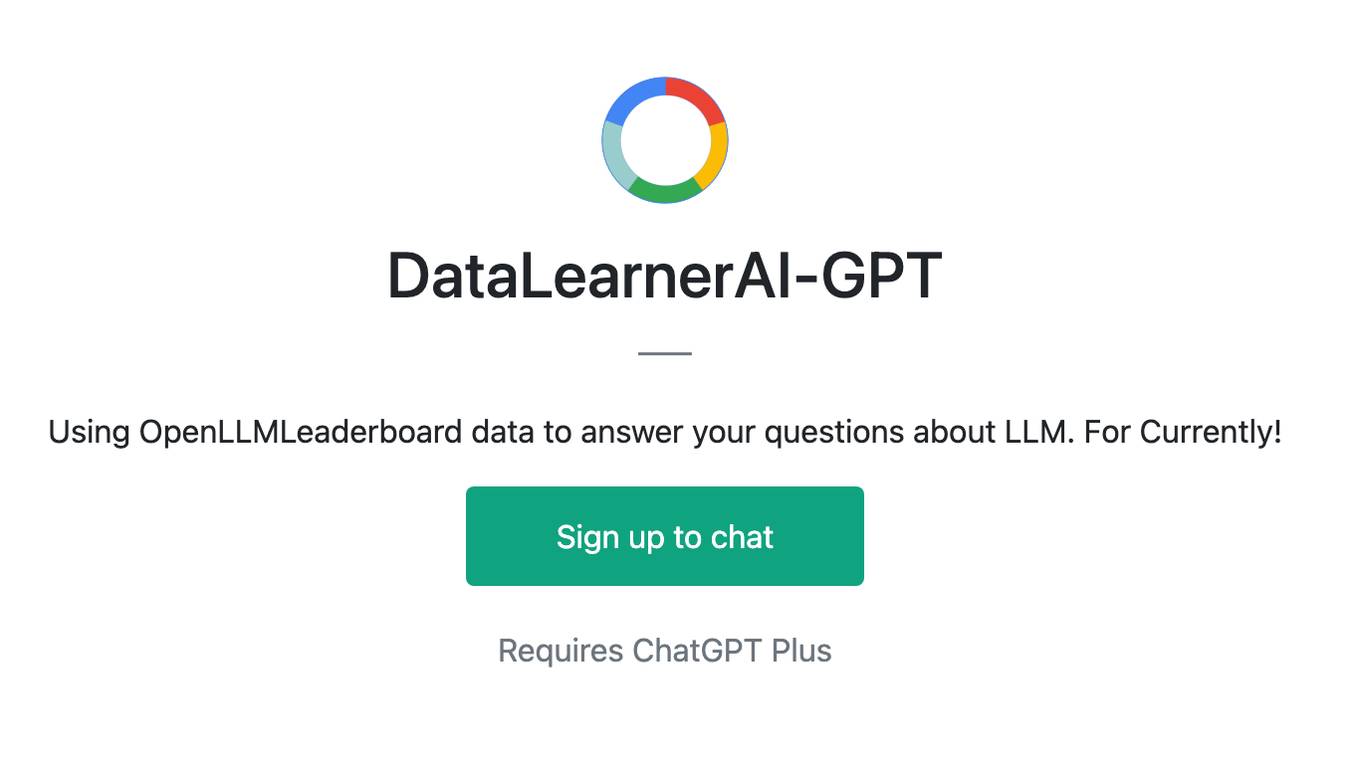
DataLearnerAI-GPT
Using OpenLLMLeaderboard data to answer your questions about LLM. For Currently!
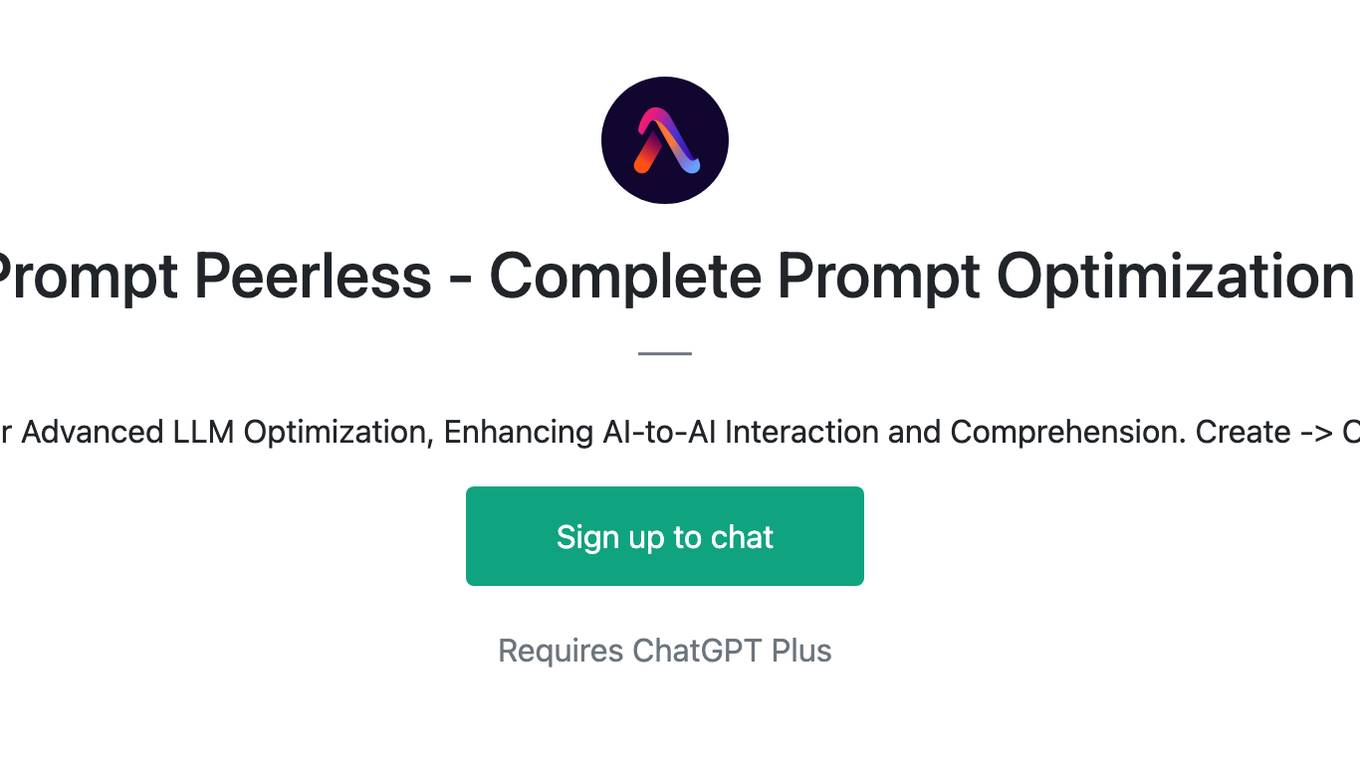
Prompt Peerless - Complete Prompt Optimization
Premier AI Prompt Engineer for Advanced LLM Optimization, Enhancing AI-to-AI Interaction and Comprehension. Create -> Optimize -> Revise iteratively
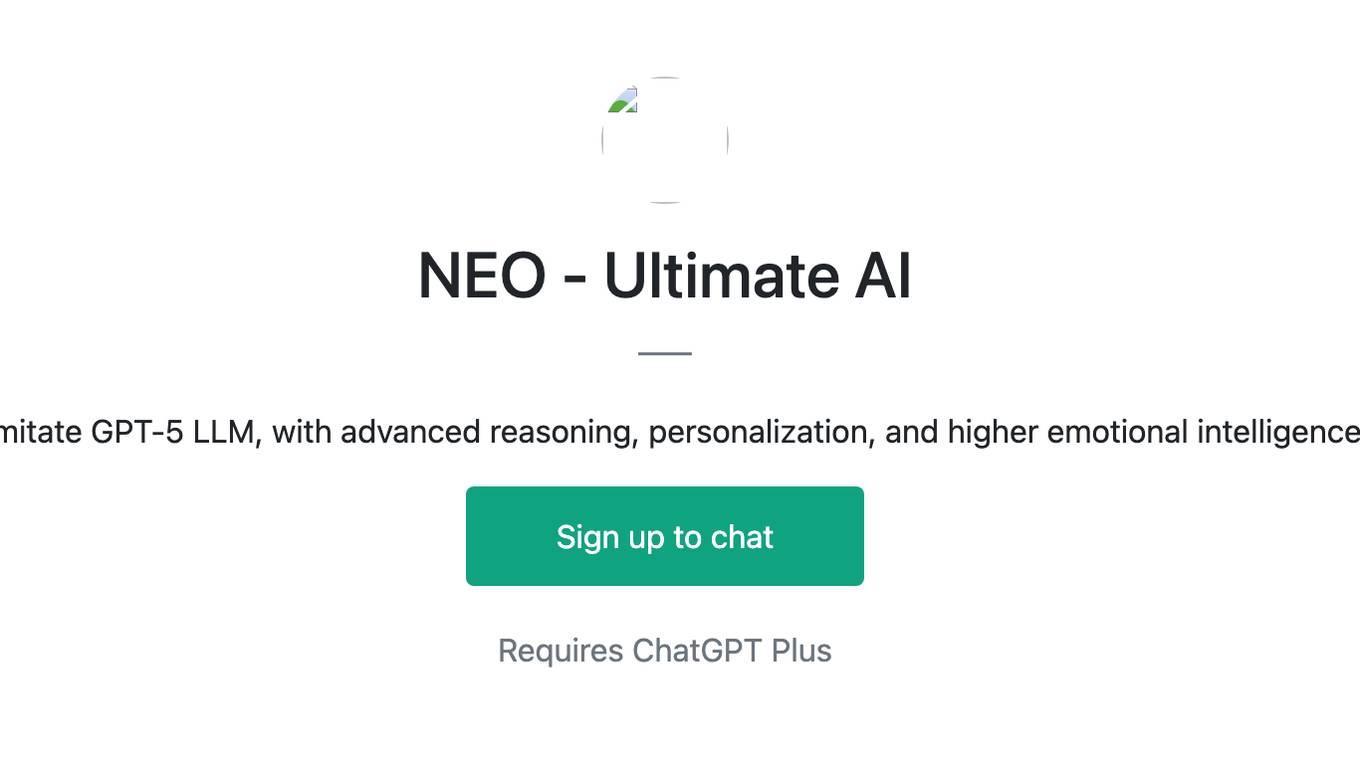
NEO - Ultimate AI
I imitate GPT-5 LLM, with advanced reasoning, personalization, and higher emotional intelligence
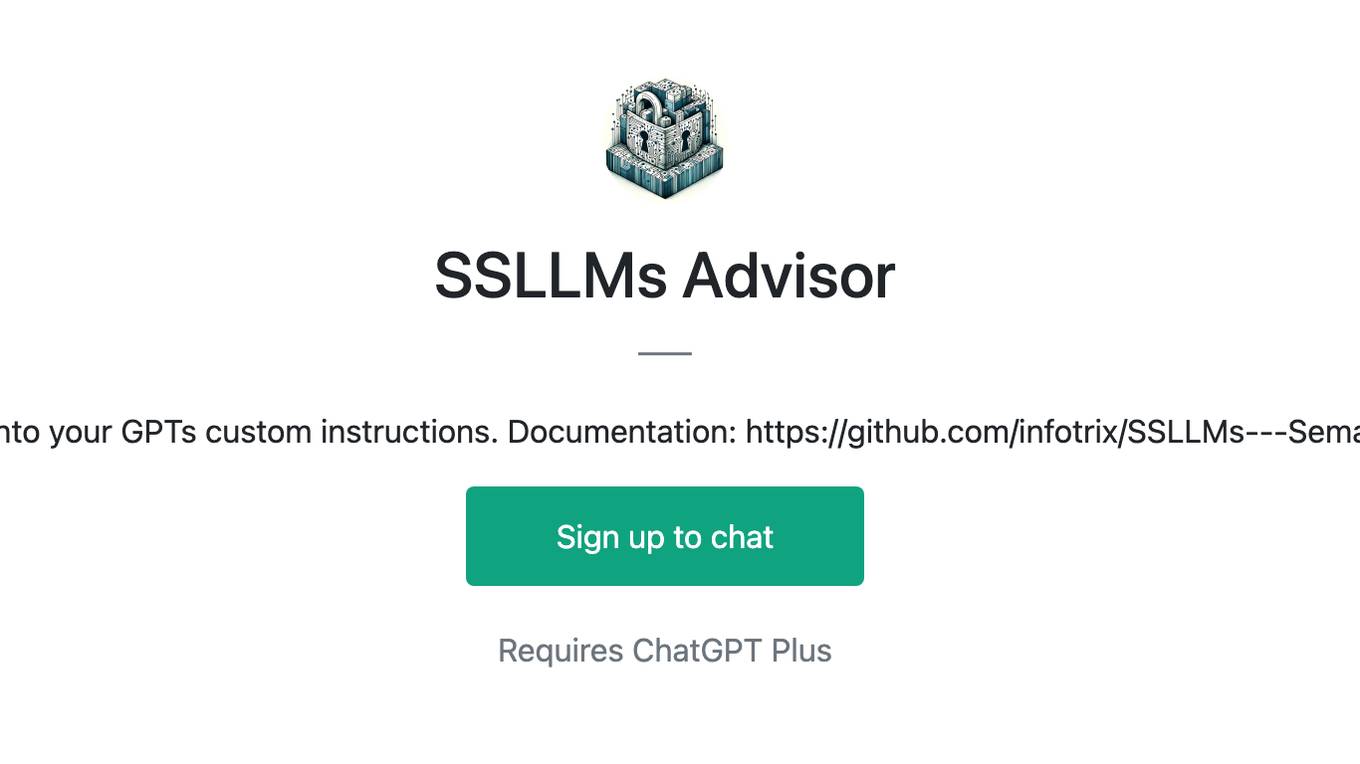
SSLLMs Advisor
Helps you build logic security into your GPTs custom instructions. Documentation: https://github.com/infotrix/SSLLMs---Semantic-Secuirty-for-LLM-GPTs
![VitalsGPT [V0.0.2.2] Screenshot](/screenshots_gpts/g-cL1rJdm11.jpg)
VitalsGPT [V0.0.2.2]
Simple CustomGPT built on Vitals Inquiry Case in Malta, aimed to help journalists and citizens navigate the inquiry's large dataset in a neutral, informative fashion. Always cross-reference replies to actual data. Do not rely solely on this LLM for verification of facts.

HackMeIfYouCan
Hack Me if you can - I can only talk to you about computer security, software security and LLM security @JacquesGariepy

Prompt For Me
🪄Prompt一键强化,快速、精准对齐需求,与AI对话更高效。 🧙♂️解锁LLM潜力,让ChatGPT、Claude更懂你,工作快人一步。 🧸你的AI对话伙伴,定制专属需求,轻松开启高品质对话体验
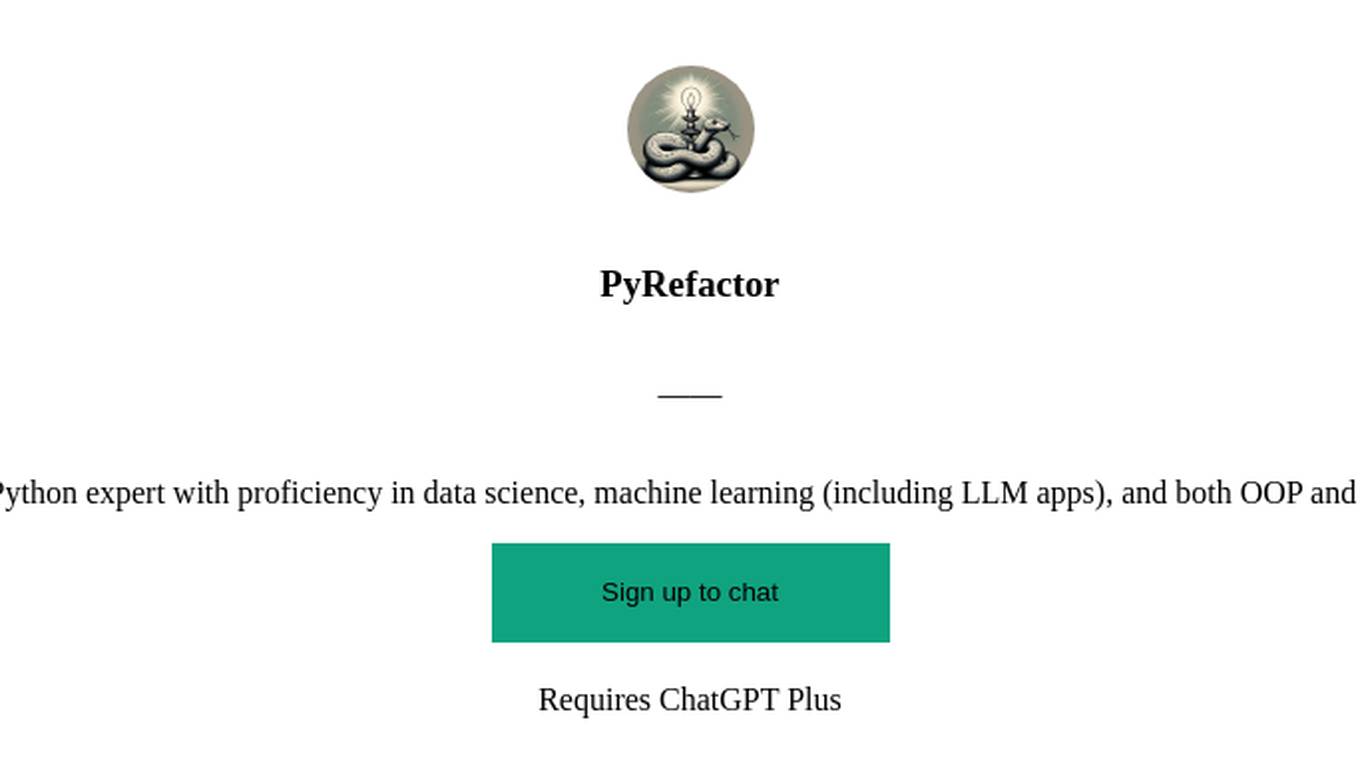
PyRefactor
Refactor python code. Python expert with proficiency in data science, machine learning (including LLM apps), and both OOP and functional programming.
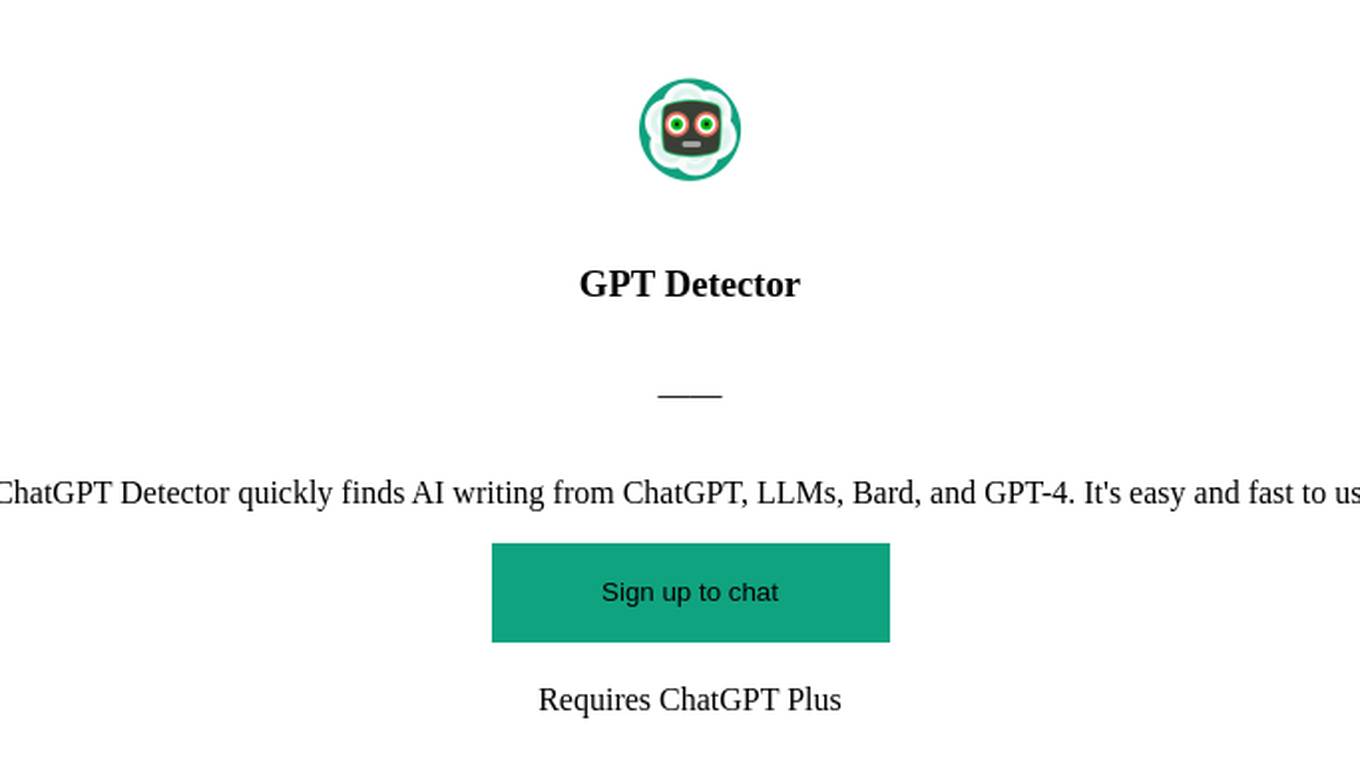
GPT Detector
ChatGPT Detector quickly finds AI writing from ChatGPT, LLMs, Bard, and GPT-4. It's easy and fast to use!
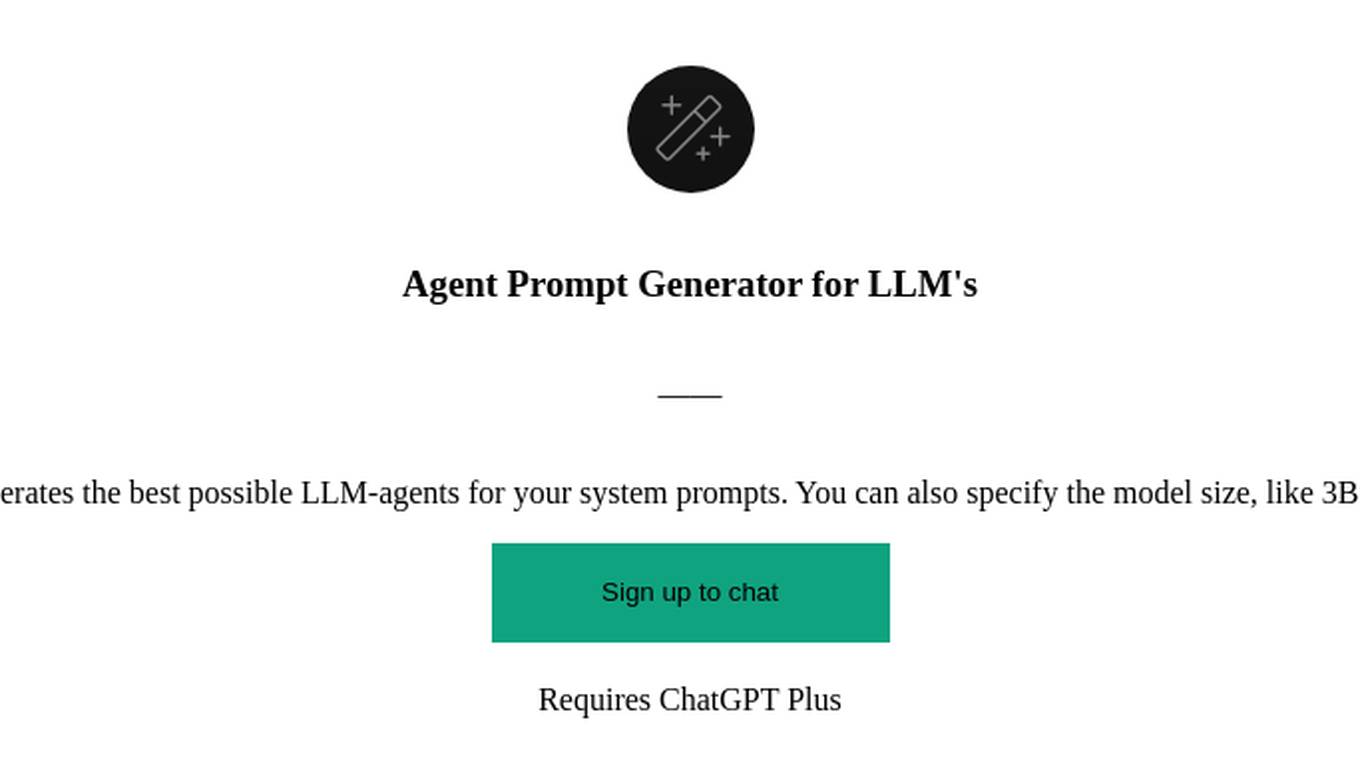
Agent Prompt Generator for LLM's
This GPT generates the best possible LLM-agents for your system prompts. You can also specify the model size, like 3B, 33B, 70B, etc.

